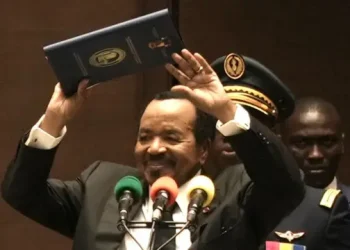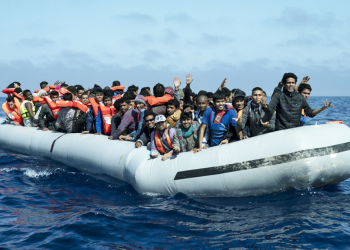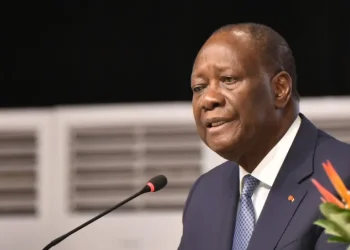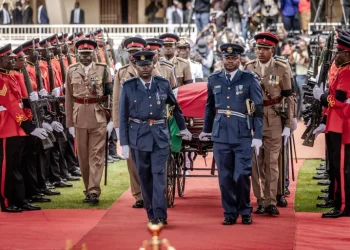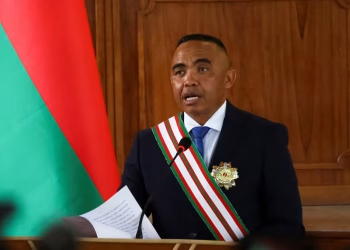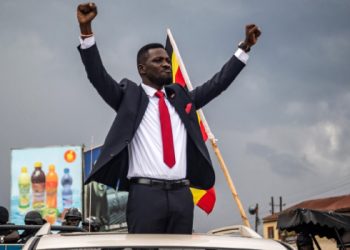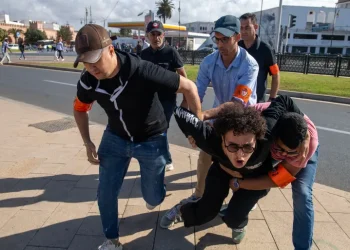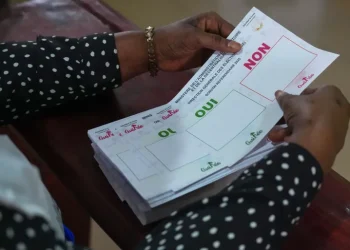Madagascar Political Crisis Intensifies Amid President’s Ultimatum
The Madagascar political crisis has entered a new phase after President Andry Rajoelina publicly pledged to resign within a year if he fails to resolve the nation’s mounting challenges. His statement came during a town-hall meeting at the presidential palace, where he engaged with supporters and urged citizens to speak “truthfully” about the country’s struggles.
“I don’t want flattery. I want to hear the truth,” Rajoelina said, admitting that past assurances from advisers that “everything was fine” had contributed to the current crisis. He promised that power shortages would end within a year, vowing to resign if they continue.
The protests began in late September over severe water and electricity shortages, but have since evolved into a broader movement denouncing corruption, unemployment, and rising living costs. The youth-led Gen Z Mada movement, which has been calling for the president’s resignation, rejected his invitation to dialogue, accusing his administration of repression and brutality.
Protests Escalate Despite Leadership Shake-Up
As the Madagascar political crisis deepens, the Gen Z movement has declared a nationwide strike following a 48-hour ultimatum for Rajoelina to step down. The group has vowed to continue protesting, declaring that “the Malagasy people do not submit.”
Earlier this week, Rajoelina dismissed his entire government and appointed an army general as prime minister, a move widely seen as an attempt to quell the unrest. However, demonstrators dismissed the appointment as a “cosmetic change,” insisting on structural reform and accountability.
The United Nations reports that at least 22 people have died in clashes between protesters and security forces, though authorities dispute those numbers.
Rajoelina’s Call for Dialogue Amid Unrest
In an effort to ease tensions, the president has been holding listening sessions nationwide, arguing that Madagascar’s problems can only be solved through “honest conversations, not protests.” Despite these efforts, streets in the capital Antananarivo remain volatile, with heavy police patrols and sporadic road blockages.
Rajoelina, who first came to power in 2009 after leading protests that ousted then-president Marc Ravalomanana, now faces the biggest test of his leadership. As the Madagascar political crisis unfolds, the president’s credibility and the country’s stability hang in the balance.

